Proper care of the batteries for your forklifts is essential for smooth warehouse operations. Whether you use forklift lithium batteries or lead-acid batteries, following the right maintenance practices can extend battery life, prevent failures, and improve efficiency.
Why Forklift Batteries Lose Life Quickly
Understanding why batteries fail helps you prevent problems:
|
Common Issue |
Lead-Acid Battery |
Lithium Battery |
Impact on Lifespan |
|
Overcharging |
Can cause overheating and water loss |
Can shorten cycle life |
Shortens battery life |
|
Deep Discharge |
Accelerates sulfation |
Can trigger protection cutoff |
Reduces usable cycles |
|
Poor Maintenance |
Corrosion, dirt, improper water levels |
Dust, physical damage |
Performance drops |
|
Extreme Temperatures |
High heat accelerates degradation |
Cold reduces capacity |
Lifespan shortened |
By addressing these issues, you can focus your maintenance efforts where they matter most.
Maintenance Tips
Proper maintenance combines daily checks, charging practices, and cleanliness, ensuring batteries perform at their best:
1. Daily Checks
Fluid levels: For lead-acid batteries, maintain electrolyte between minimum and maximum marks. Top up with distilled water as needed.
Voltage: Monitor voltage at the start and end of each shift. Abnormal readings may indicate a problem.
Cleanliness: Keep battery surfaces and terminals clean to prevent corrosion. A damp cloth with a mild baking soda solution works well.
2. Charging Practices
Full charging: Avoid partial charges when possible; fully charging ensures consistent performance.
Avoid overcharging: Use chargers with automatic cut-off or timers to prevent overheating.
Safe environment: Charge in a well-ventilated area to avoid heat buildup and gas accumulation.
3. Tips for different types of batteries
Lithium batteries tolerate faster charging and need less frequent maintenance. Lead-acid batteries require careful monitoring of electrolyte and charging voltage.
Common Troubleshooting Tips
Knowing how to spot and fix common forklift battery problems can help you avoid costly downtime and keep your warehouse running smoothly. Here are some frequent issues and what to do about them:
1. Battery won't charge fully
This can happen if connections are loose, terminals are dirty, or the charger is malfunctioning. Check all cables and terminals, clean any corrosion, and make sure your charger is working properly.
2. Voltage drops quickly
Rapid voltage drops may indicate sulfation in lead-acid batteries or cell imbalance in lithium batteries. Inspect the battery for signs of damage or uneven cell performance and follow proper charging routines to restore balance.
3. Overheating
If the battery becomes hot during operation or charging, ensure it is in a well-ventilated area and that the charger settings match the battery type. Overheating can shorten battery life if not addressed.
4. Leaks or corrosion
Leaks, electrolyte spills, or corrosion on terminals can reduce performance and be dangerous. Clean terminals carefully, refill electrolyte if needed (for lead-acid batteries), and replace damaged components promptly.
Economic Benefits of Proper Maintenance
Proper maintenance of your forklift battery is not just about keeping it running—it also brings real economic benefits for your business operations. Here’s how regular care can save money and improve efficiency:
1. Reduces battery replacement costs
By taking care of your battery, you prevent premature wear and damage. This means you won’t need to replace batteries as often, saving significant costs over time.
2. Minimizes forklift downtime
Well-maintained batteries are less likely to fail unexpectedly. Fewer breakdowns mean forklifts stay operational, keeping your warehouse running smoothly.
3. Improves warehouse efficiency
Reliable batteries ensure that forklifts operate at full capacity. This helps maintain consistent workflow and productivity throughout the day.
4. Extends warranty coverage
Following proper maintenance routines often keeps you in compliance with manufacturer guidelines, helping you retain warranty protection.
Investing just a few minutes each day to check, clean, and charge your forklift battery correctly can lead to long-term savings, fewer disruptions, and more reliable operations. Over time, these small daily efforts add up to significant benefits for both your budget and your warehouse performance.
Summary
Proper maintenance of your forklift batteries—including daily checks, charging practices, environmental awareness, and troubleshooting—can significantly extend their life and efficiency.
Looking for high-quality forklift batteries designed for durability and performance? Explore our Forklift Battery Products and find the right solution for your warehouse today.






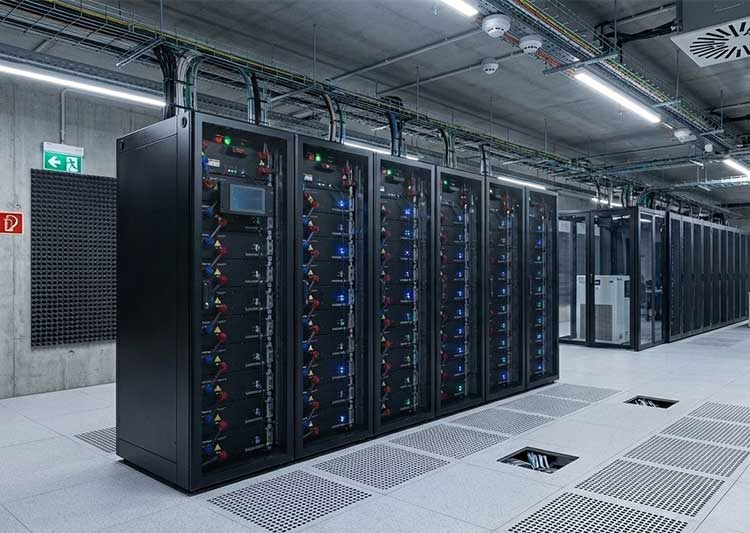
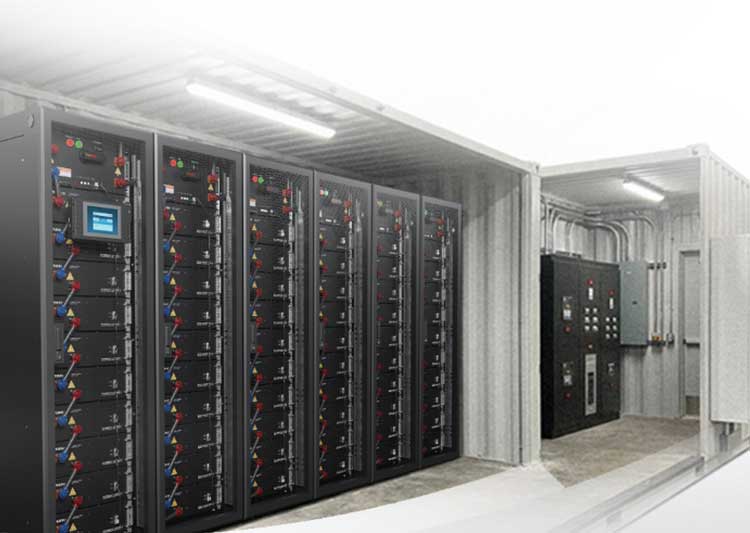




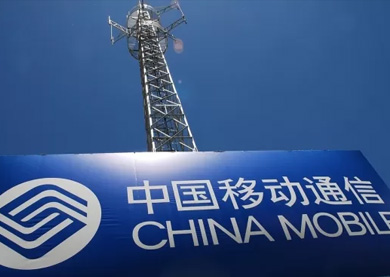





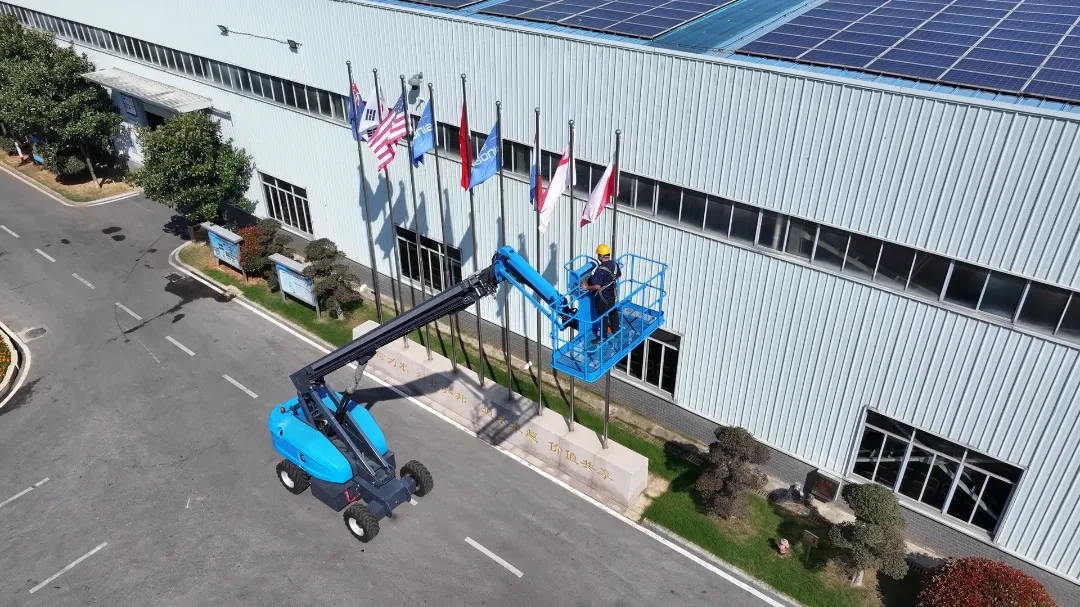
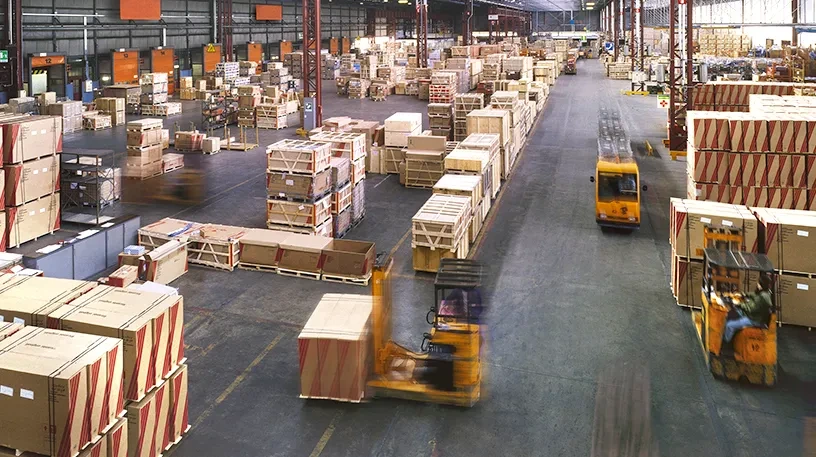




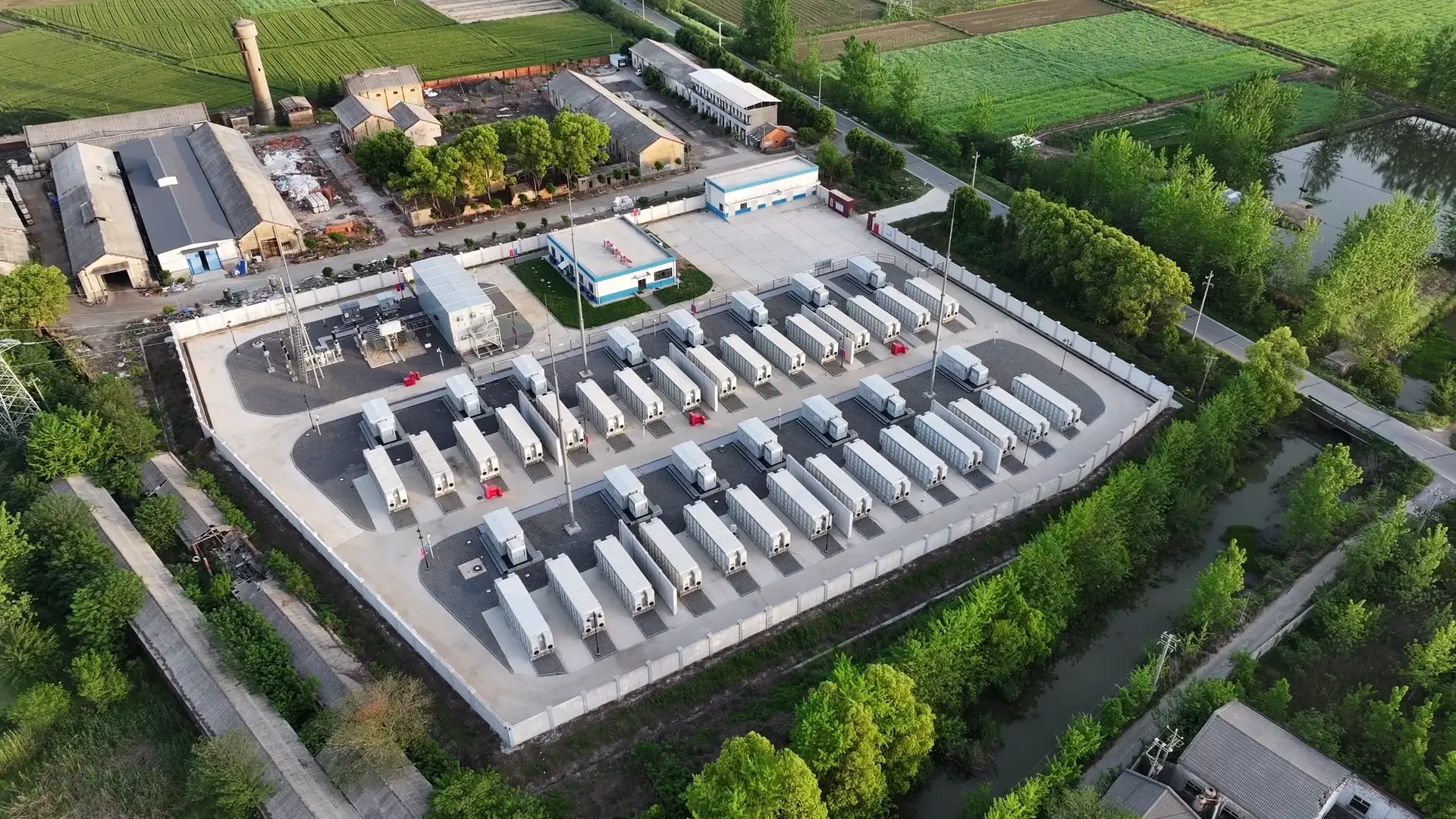



 2025-10-11
2025-10-11 Name
Name Tel
Tel Email
Email Country
Country Company
Company Information
Information